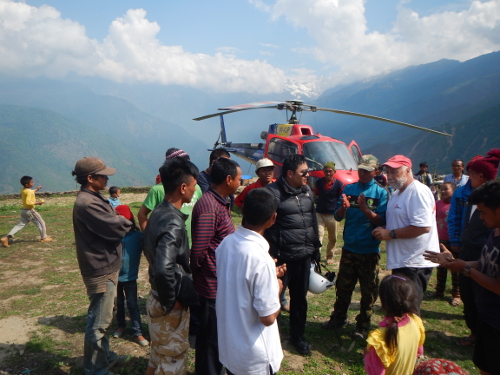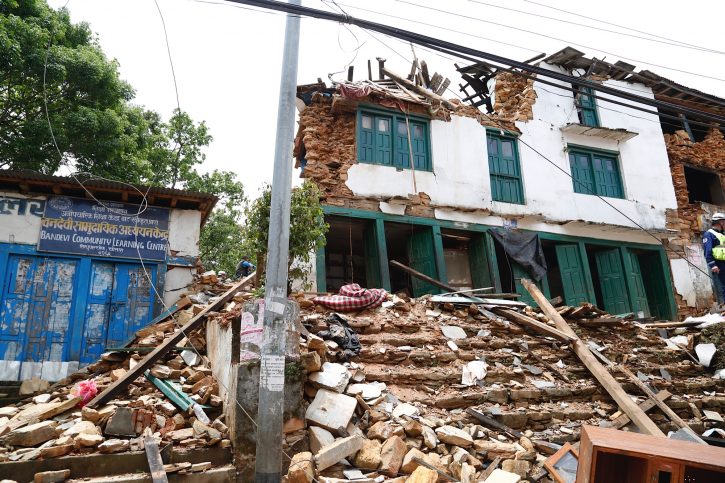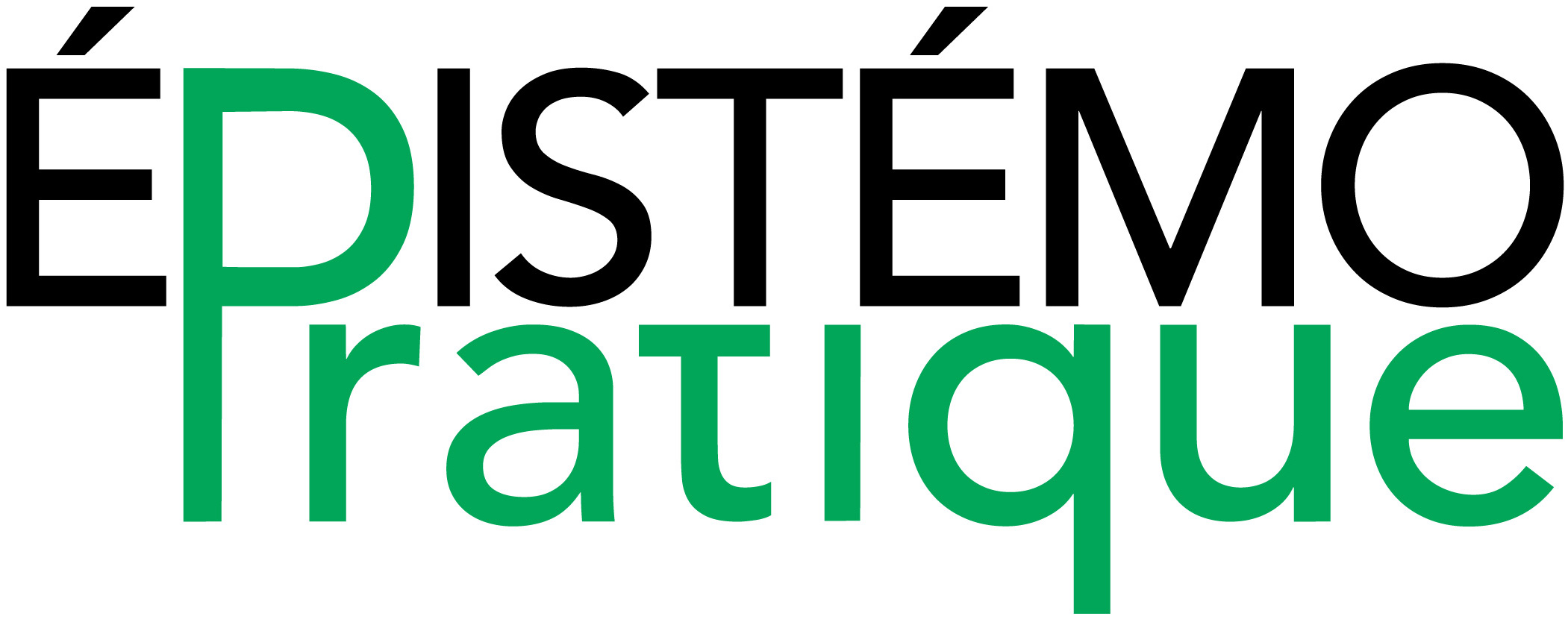Humanitarian Emergency | Page 2

Un financement de Médecin sans frontières pour un membre de la Chaire!
This content is not available in the selected language. Pour l’appuyer dans son projet de recherche sur l’humanitaire numérique, Jean-François recevra un financement de 25 000 euros par Médecin sans frontières. Voici la description du projet en quelques lignes: Le contexte d’urgence humanitaire, caractérisé par la multitude de sources d’information rencontrées et par la nécessité […] Read more

Workshop on the Ethics of Digital Humanitarianism
June 9th, 2017 • 10h30 16h
Campus Longueuil de l'Université de Sherbrooke
Various digital technologies (from crowdsourced damage mapping to drone swarms) are changing how humanitarian workers respond to emergencies. This transformation raises many ethical issues. This one-day workshop is dedicated to mapping out these issues and starting a reflection on how they can be addressed. The workshop will be held at the Longueuil campus of the […] Read more

Job Offer: Research Assistant on the Ethical Issues of Digital Humanitarianism
A research team from Université de Sherbrooke and Université de Montréal, in partnership with HumanITas Solutions, is developing a research project on the ethical issues raised by the development and use of technological tools in the context of humanitarian emergencies. This team is looking for a research assistant for the summer of 2017 (May to […] Read more

Séminaire interne; épistémologie de l’aide humanitaire
February 14th, 2017 • 11h45 12h45
A4-349
This content is not available in the selected language. Jean-François, dont le projet de recherche porte sur l’aide humanitaire, nous propose une discussion de type table-ronde orientée autour de la question suivante: En quoi l’épistémologie pratique peut-être utile à caractériser et comparer les approches numérique et terrain pour la collecte et le traitement de l’information […] Read more
The Epistemology of Humanitarian Emergency
Lead researcher: Jean-François Dubé Obtaining reliable information is crucial for humanitarian workers who aim to respond to a catastrophic situation. In this context, there are many possible sources of information (e.g., local population; journalists; authorities), but only a limited time to gather data, analyze them and respond to the situation. This project examines the characteristics […] Read more

